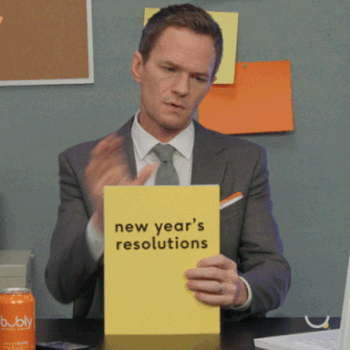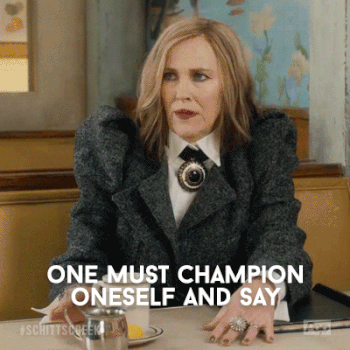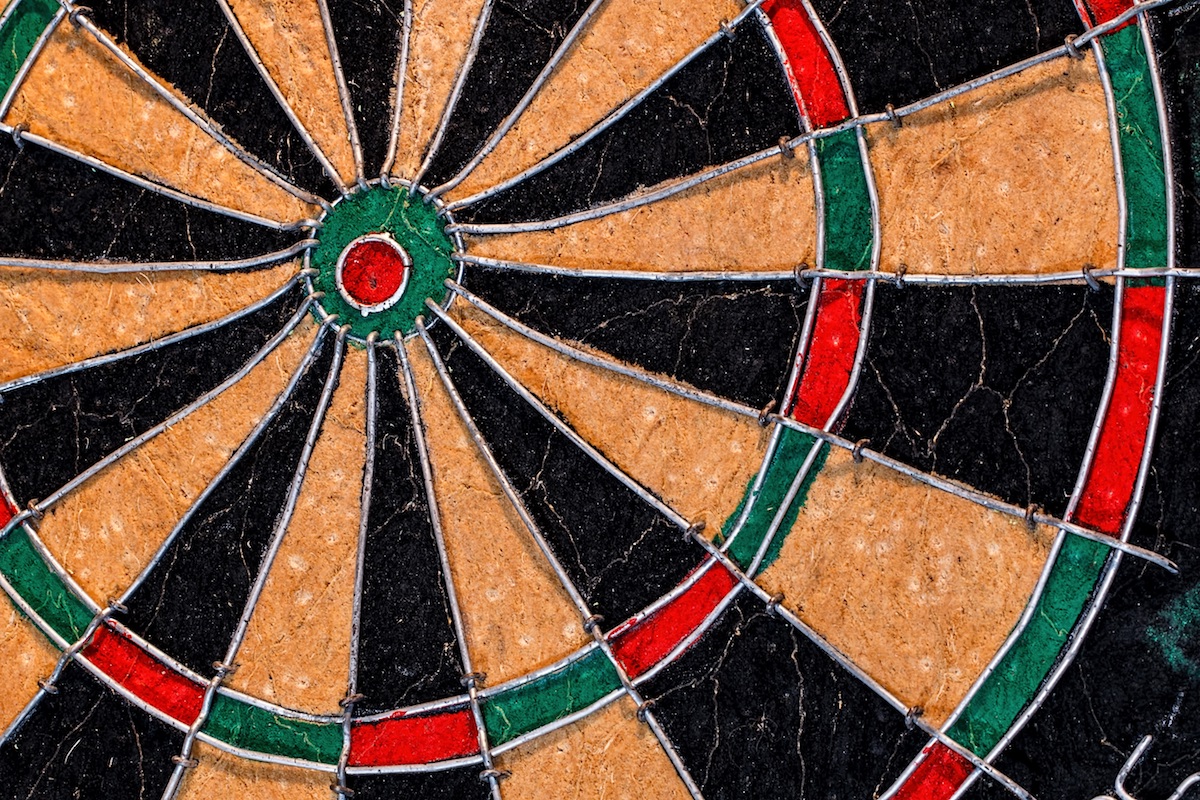Anyone who has hit the gym in January (but not February) will understand my struggle with setting personal goals. So, I was very surprised to learn that everything I knew about goal setting was wrong.
I talked to Jessica Chubb, the Studying for Success coordinator at Dal, and she taught me how to rethink the idea of goals (spoiler: turns out I already have them!).
What is a goal?
Goals aren't rigid decisions about the future—you probably have lots of them already without even knowing it! A goal isn't something you put on a to-do list like, "do today’s reading." It's not vague like, "I will exercise" or "I will study." It's also unrealistic to think that a goal is saying, "I will be the vice-president of a bank with my own house by the time I’m 35."
Life happens. Things change. Goals are all those little specific things that happen along the way, and they lead to your big dreams. If you want to be happy, content, pay the bills, have a job you love—those are the big things that goals work to get you!
Here are some examples:
- I want to get a B+ in this class
- I want to get a university degree
- I want to eat 3 vegetarian meals a week
- I want to go to class every day
You probably have said at least one of those things, or something similar. Welcome to the world of goal setting!

Why do we give up on them and how can we stop?
We give up on goals for lots of reasons. Sometimes we have to, because something beyond our control comes along and changes everything. However, if you’ve ever set a goal and given up on it, it’s probably because you didn’t focus on the most important part of goal setting: the why.
Why you set your goals matters more than the goals themselves. When you write down a goal, you need to know what your motivation is, because that’s the thing that’s going to bring you back whenever you want to stop. But it's OK if your goals simply aren’t working for you. You don’t have to give up on them completely—you can modify them to make them work.
Motivation assessment: Do you believe you can do it? Do you see/understand the value in doing it? If you said "yes" to both, you got this!

Need an example?
My goal: Get in better shape.
The problem: This is a bad, very vague goal. I gave up right away.
The why: I almost couldn’t finish a mountain hike despite amazing views. I don’t want to be in a position where I can’t do the things I want to in life because I physically can't do them.
New goal: Exercise at least three times a week and have one meal a day with no bread or bad carbs.
What’s important here is the why! Midterm season making things tough? Modify! “I will exercise at least once this week and only take veggies to the library.” Then, come back to the initial goal, if possible.
Exercise: Think about something you want to accomplish (like, say, getting your degree). Why do you want to do that? There are probably a few different reasons. Come back to these whenever you need some extra motivation.

How to re-think them
Goals don’t have to be boring and intimidating—they’re the steps to getting what you want out of life. If you take a road trip, chances are you’re going to do some planning so you don’t get lost or stranded along the way—even if the only planning you do is budgeting for gas.
Goals have the same purpose. They remind you what needs to be done in order to get all that good stuff like happiness and financial security (even if you have absolutely no idea what you want to do or where you want to go). Throw away those 10-year plans, think of something specific you want, and give goal setting another chance.

Setting goals is tough, but you can do it! If you want extra help understanding what makes a good goal and why they’re important, or just want to make sure your goals are realistic, check out the Setting SMART Goals workshops in Halifax (Mona Campbell Building) or make an appointment with the Student Success Coordinator in Truro.

